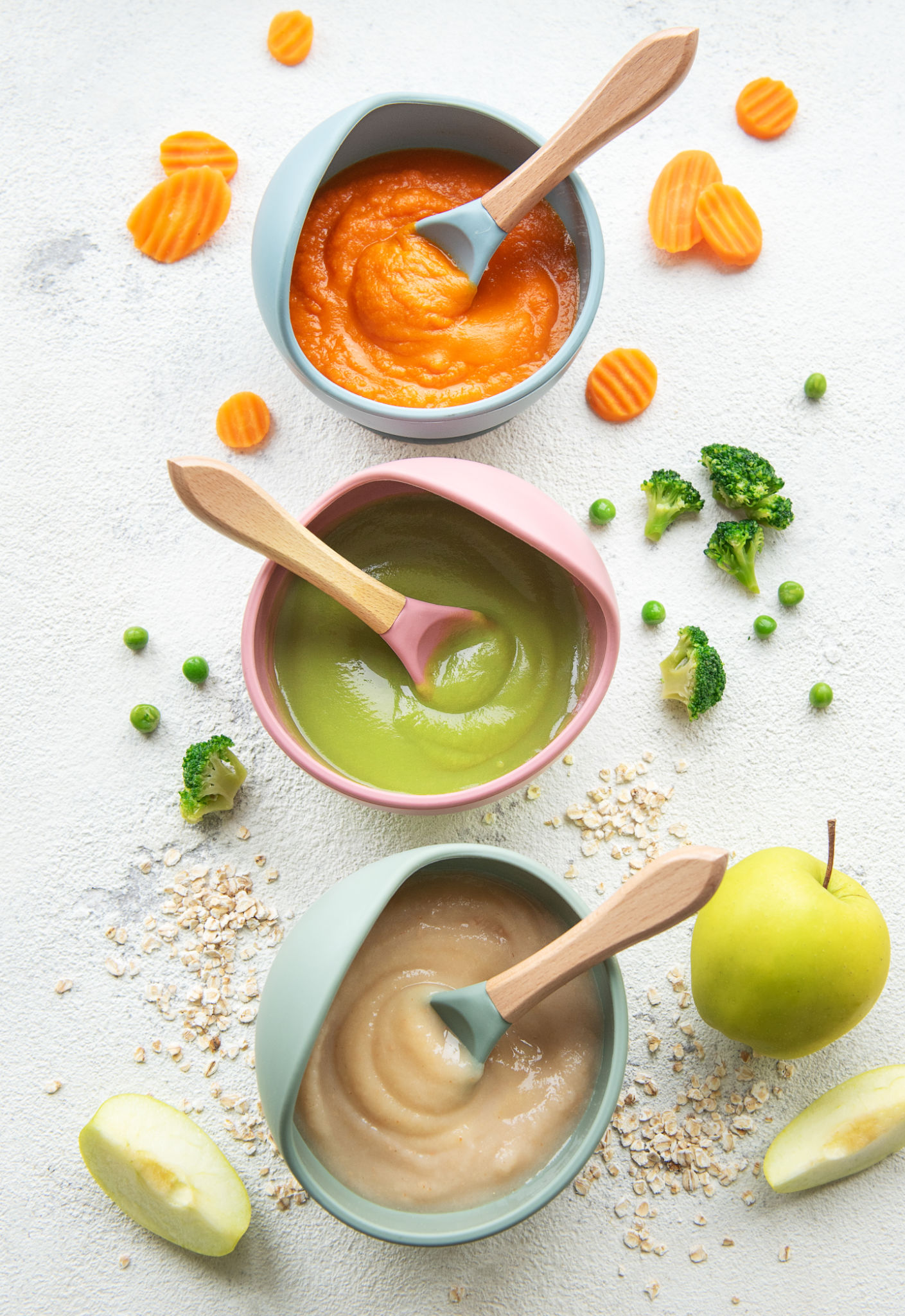The Rise of Natural Infant Nutrients: What Parents Need to Know
Understanding the Shift Towards Natural Infant Nutrients
In recent years, there has been a noticeable shift in parenting choices, particularly when it comes to infant nutrition. Parents are increasingly opting for natural nutrients for their babies, driven by a growing awareness of the importance of wholesome, chemical-free diets. This trend is not just a fleeting fad but a significant movement towards healthier lifestyles.

The reasons behind this shift are manifold. Concerns about synthetic additives and preservatives in traditional baby foods have prompted parents to seek out more natural options. Additionally, the rise in awareness about potential allergens and food sensitivities has fueled interest in natural, organic, and minimally processed infant foods.
The Benefits of Natural Nutrients for Infants
Choosing natural nutrients for infants offers numerous benefits. These foods are typically free from harmful chemicals and artificial preservatives, which can be detrimental to a baby’s developing immune system. Moreover, they often contain higher levels of essential vitamins and minerals.
Natural infant foods also tend to be richer in antioxidants and healthy fats, both of which are crucial for brain development and overall growth. By providing these nutrients in their natural form, parents can ensure a more balanced and nutritious diet for their little ones.

Key Considerations When Choosing Natural Infant Nutrients
When selecting natural nutrients for your infant, there are several factors to keep in mind:
- Certifications: Look for organic certifications to ensure that the products meet strict standards.
- Ingredient List: Opt for products with short ingredient lists, free from artificial additives.
- Source of Ingredients: Check the origin of the ingredients to ensure they are sustainably sourced.
The Role of Homemade Baby Foods
An increasing number of parents are turning to homemade baby foods as a way to control what goes into their baby’s diet. Preparing baby food at home allows parents to use fresh, organic ingredients and tailor meals to their baby's specific nutritional needs.

While making baby food at home can be more time-consuming, it offers the advantage of knowing exactly what your baby is consuming. Parents can introduce a variety of fruits and vegetables, ensuring a diverse intake of nutrients.
Navigating the Challenges
Despite the clear advantages, adopting a diet rich in natural infant nutrients does come with its challenges. Availability and cost can be significant barriers for some families. Organic and natural products are often priced higher than their conventional counterparts.
However, many parents find that the long-term benefits of a healthy start outweigh the initial costs. Some strategies to manage costs include buying in bulk, choosing seasonal produce, and preparing meals at home.

Conclusion: A Healthier Future for Our Children
The rise of natural infant nutrients is more than just a trend; it represents a fundamental shift towards prioritizing health and wellness from the earliest stages of life. By making informed choices about their baby's diet, parents can lay a strong foundation for lifelong health and well-being.
As this movement continues to grow, it encourages broader changes within the food industry, pushing for more transparency and higher standards. Ultimately, this shift benefits not only individual families but also contributes to a healthier society as a whole.
